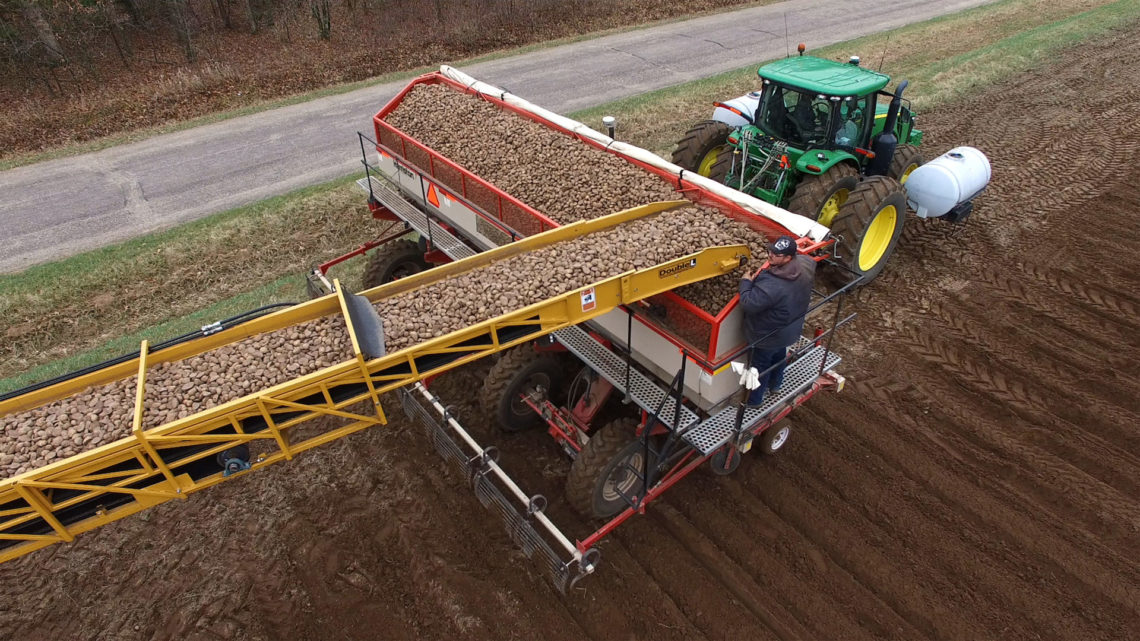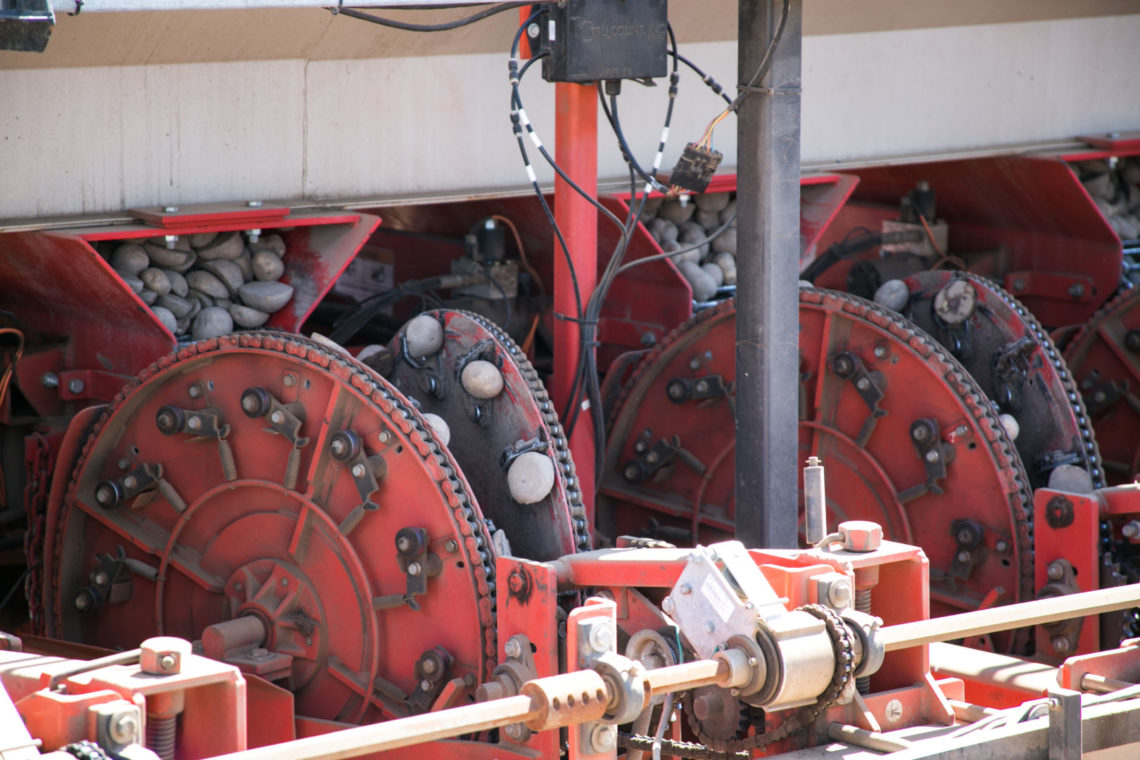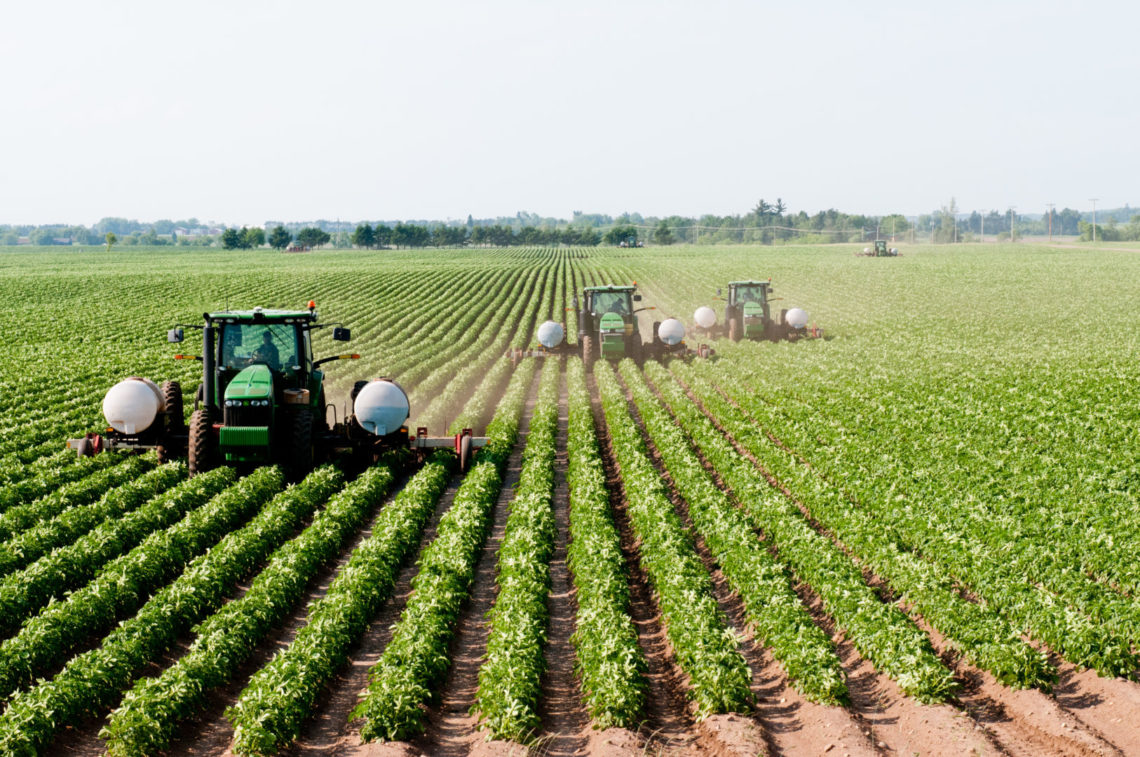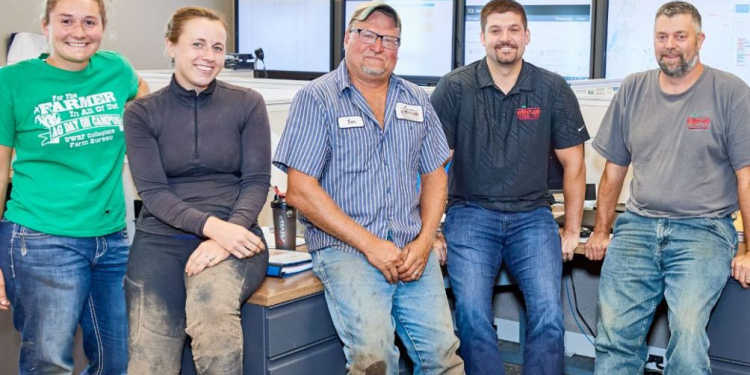Four and five generations on, August’s descendants now own and operate Heartland Farms, which has become one of the largest and most innovative potato and vegetable operation in the U.S.
Expanding a business—especially a farm business—is a tricky proposition. Doing it once is quite a feat. Succeeding at expansion over the course of years, even decades, takes a special breed. It takes the guts to pull the trigger on tough decisions, the prudence to back off when necessary, the curiosity to innovate, and the wherewithal to anticipate where the industry as a whole is headed.

The Pavelski and Knights families of Wisconsin have proud histories full of just such people. August Pavelski emigrated from Poland in 1873 and began farming an 80-acre homestead near Amherst Junction, Wis. The same pioneering spirit that drove August to cross an ocean and parts of two continents create a new home and life for his family still flows through Pavelski veins. Four and five generations on, August’s descendants now own and operate Heartland Farms, which has become one of the largest and most innovative potato and vegetable operation in the U.S.

The Pavelskis have always been keen on expanding their operation. As such, Dave Knights—whose family has been farming in the Midwest since the 1860s—was brought on as a partner in 1990, and the company’s name was officially changed from A.M. Pavelski & Sons to Heartland Farms.
Today, Heartland Farms encompasses some 24,000 irrigated acres spread across four Wisconsin counties. Potatoes are the heart and soul of the operation, with about 8,500 acres of Heartland land dedicated to the crop annually. Though the farm is of a size that makes it difficult to ignore, all of the company’s farm acreage is within 100 miles of it headquarters.

“We try to stick to our core competency, and that’s potatoes,” says Jeremie Pavelski. “We rent out most of the rest of our land for rotational crops.”
Heartland employees are encouraged to seek out the newest and most innovative products and practices. In 2016, Heartland Farms completed construction on a 30,000-square-foot facility dubbed the farm operations, technology and training center. The facility houses Heartland’s teams and provides a home for collaboration and technology training, further enabling the farm to remain on the leading edge of agricultural technology.
“It’s taken us a long time to get to where we are,” says Jeremie. “We’re very fortunate to have very productive ground here, and we don’t take that lightly.”
Heartland Farms is dedicated to sustainability and best management practices for the long term and in day-to-day operations.
- We are currently farming approximately 27,000 irrigated acres and have been experiencing substantial growth
- At Heartland Farms, we produce many different types of chipping potatoes as well as potatoes that go to supermarkets and head off to your home.
- We currently ship chipping and fresh market potatoes from our Wisconsin operation from August through June of the following year. We have storage capacity for over 5,500,000 hundredweight (Cwt) and can ship out up to 120 semi truck loads per day!
- Other crops produced are sweet corn, canning peas, green beans, and soybeans. All of the vegetable crops are sold to Wisconsin food processors.
- We monitor our passenger vehicles, heavy truck fleet, and tractors to monitor fuel usage and idle times which allows us continuous improvement and benchmarking.
- We use high-speed irrigation systems with drop nozzles – this allows for faster water application and less evapotranspiration. We also utilize variable rate irrigation, which allows us to apply different water amounts to different soil types throughout the field and reduces overall water usage.
- Cover crops are planted right after harvest to reduce wind erosion, add nutrients to the soil, produce cover and food for animals, and add organic matter to the soil.







